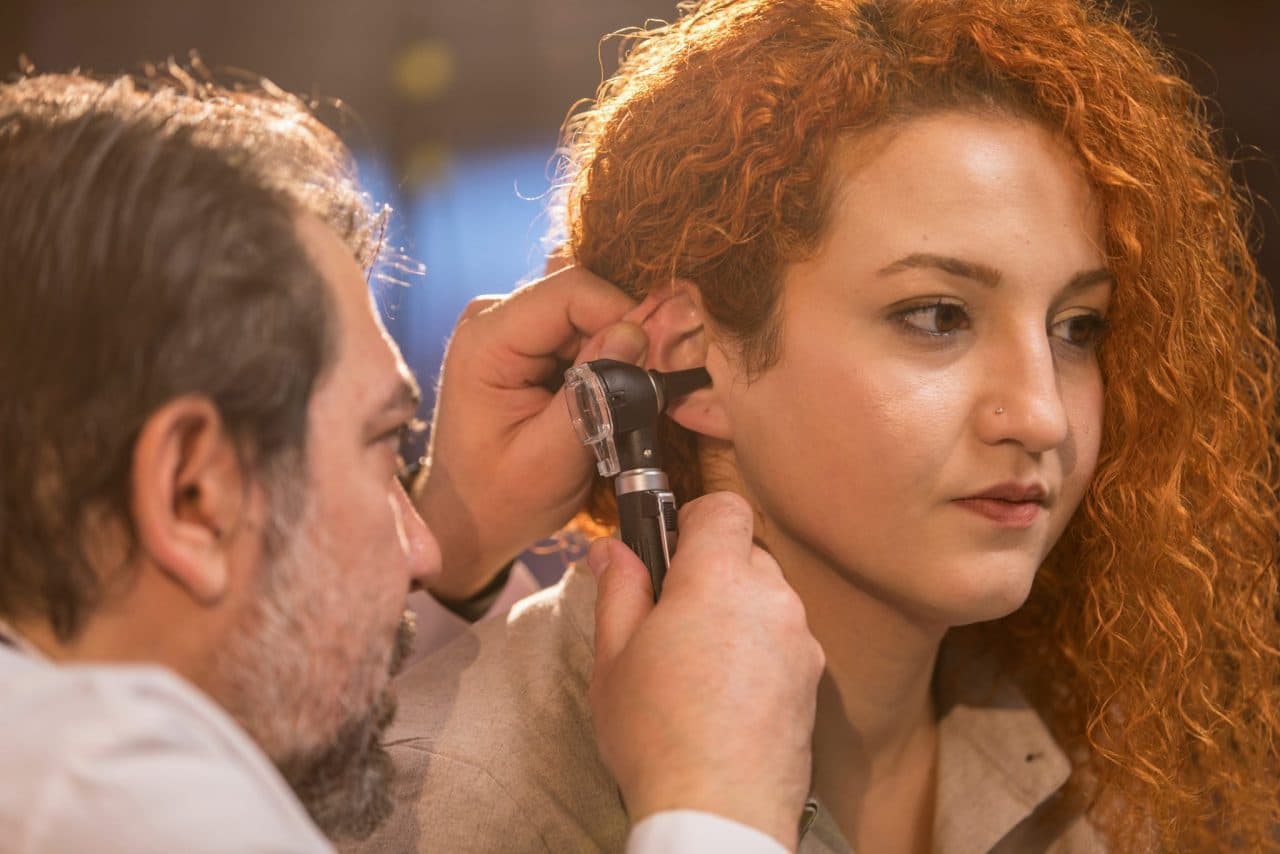An audiologist is a professional who specializes in the diagnosis, evaluation and treatment of hearing and balance disorders. If you have been diagnosed with hearing loss this professional will be intimately involved in helping you manage your hearing loss and help you to communicate more effectively.
What Credentials Do Audiologists Have?
Audiologists are medical professionals. Most audiologists have earned an Au.D. or doctorate in audiology, while others have received a master’s degree from an accredited university. Prior to graduation, audiologists will have received extensive training in the prevention, identification, assessment and treatment of hearing and balance disorders. They are required to complete an externship (over 1500 hours of supervised, hands-on clinical training), pass a national competency examination and obtain professional certification and licensure in the state(s) where they practice.
Why See an Audiologist?
Audiologists are the most qualified individuals to help manage your hearing loss and/or balance disorder, and they provide an unparalleled breadth of care.
Audiologists work with patients of all ages, treating infants, children and adults for a variety of hearing balance problems. Audiologists are responsible for services such as:
- Fitting and dispensing hearing aids
- Administering hearing and balance tests
- Assessing candidacy for and programming implantable hearing devices (e.g., bone anchored hearing aids, etc.)
- Counseling patients and their families on communication strategies
- Designing and implementing hearing conservation programs and newborn hearing screenings
- Providing aural rehabilitation programs
- Performing ear-related surgical monitoring
Why Should I Choose Massachusetts Hearing Group and Nashua Hearing Group?
We are first and foremost health care professionals and our passion is helping patients. We pride ourselves on caring for every patient like we would our loved ones.
We make our recommendations based on your hearing test, budget, lifestyle, listening needs, and considerations for whether or not your hearing loss is likely to progress in the future. Apart from hearing loss, additional issues that we may take into consideration include vision, dexterity/fine motor skills, cognition, anatomy, surgical history of ears and other unique listening needs.
Along the way, you may have questions about your hearing instruments, your listening needs may change, or you may develop new problems with your ears or your hearing. You will have the comfort of knowing that we have the knowledge and resources to properly address your situation every step of the way.
